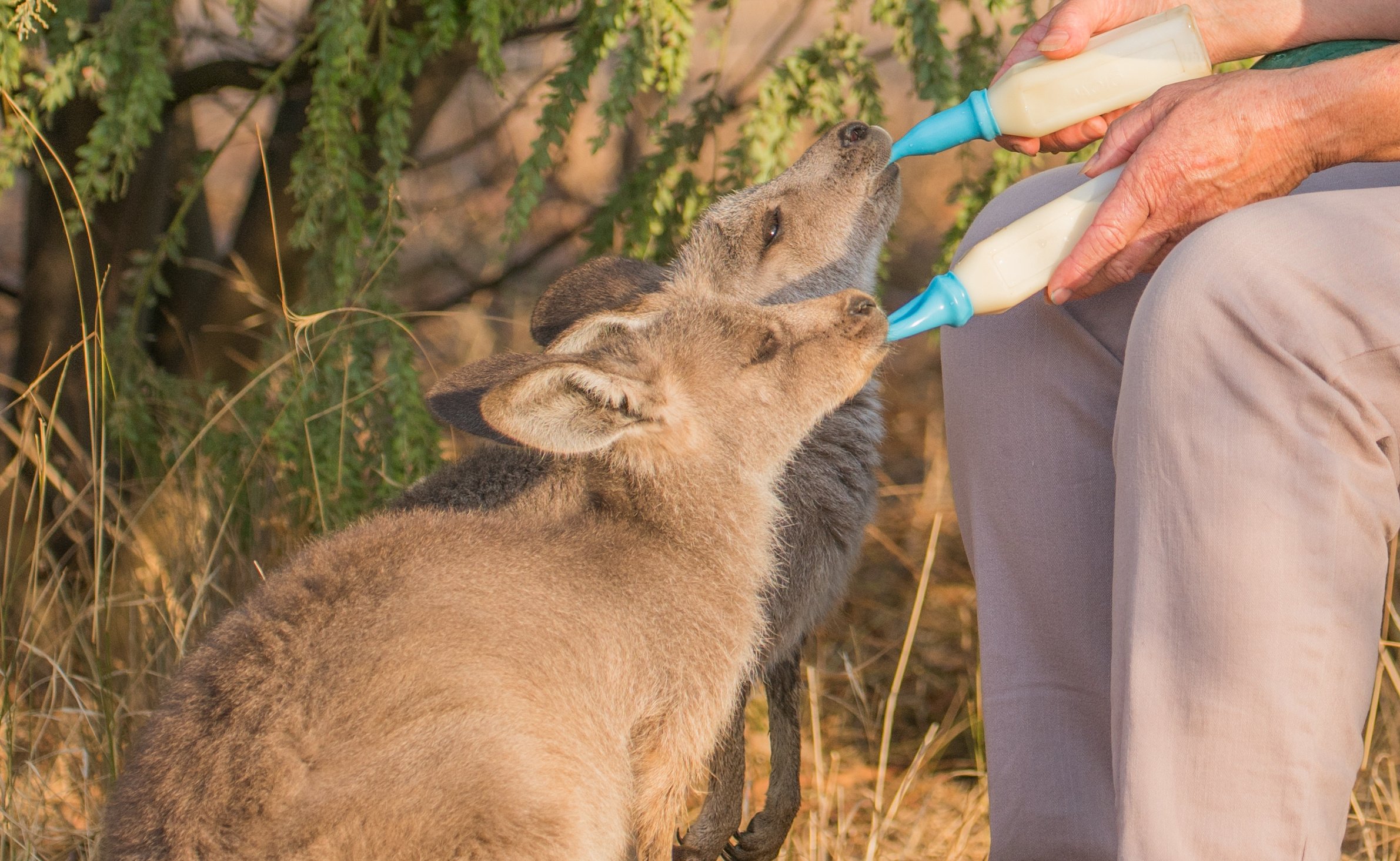WIRES Central Coast
About WIRES Central Coast
Welcome to WIRES Central Coast. We are dedicated to the rescue, care, rehabilitation and release of native animals back to the wild in our local area.
Our area has a large biodiversity of wildlife and several national parks. We are lucky enough to have almost all coastal species of native wildlife represented in our area. We believe with every animal we rescue will make a huge difference to halting the extinction crisis that is threatening so many of our much-loved animals. Over the last few years, we've been heavily impacted by unprecedented and catastrophic weather events. Bushfires, floods, and environmental issues are posing new challenges to wildlife, which are putting more strain on our rescue team. If you choose to raise funds for our branch, they will go directly to provide vital rescue and care for wildlife in desperate need.
We appreciate the assistance we are given from local vets and businesses.
Contact WIRES
For all wildlife rescues please call 1300 094 737
or fill in our online rescue form
Find out more about becoming a volunteer
General Enquiries Email: info@wires.org.au
- All
- WIRES Box Section
Become a volunteer
We depend on volunteers to help run our lifesaving programs; from native animal rescue, care and rehabilitation, right through to fundraising and office administration. If you have a passion for making a meaningful difference for wildlife, we'd love to hear from you!
Fundraise for us
You can do almost ANYTHING and make it a fundraiser! If you’d like to fundraise for our Branch, check-out some of the exciting community fundraising options possible on our link. If you have other fundraising ideas you’d like to discuss, please email fundraising@wires.org.au Thank you!
- All
- WIRES Box Section
Engage your Business
We could not run our lifesaving wildlife rescue and rehabilitation programs without the support of local businesses, community groups and organisations. If you are interested in donating as a Business, starting a Workplace Giving scheme or even becoming a Corporate Partner please click the link or contact us at partnerships@wires.org.au
Donate Goods
Our Branch is deeply grateful for handmade pouches and liners, bird nests and bat wraps made with 100% wool and 100% cotton. To find out more about the physical items that may be of use to our branch, please click the link. Thank you for helping us make a life-saving difference for rescued native animals!


-1.jpg)
